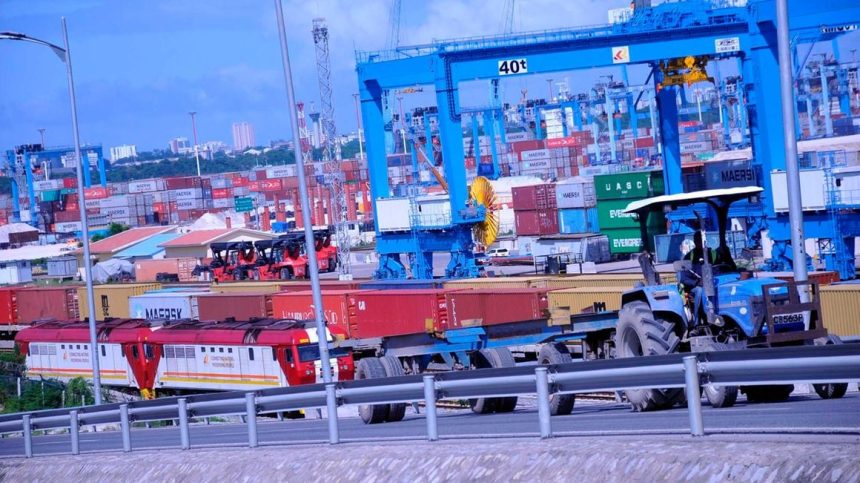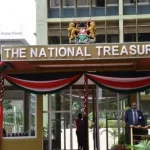The implementation of a cargo consolidation plan has handed the taxman room to cast its net on small-scale traders who import in pools.
On Monday, the Kenya Revenue Authority (KRA) directed all traders, including those who ship their goods through a cargo consolidator, to pay taxes on their cargo per item and have them cleared within 21 days or be auctioned.
The directive, which is aimed at addressing cases of tax evasion through false declaration, is, however, turning into a crisis with a lot of traders complaining of clearance delays.
Taxes on consolidated cargo has for a while been paid per kilogramme, creating an opportunity for mis-invoicing through which the State has been losing billions of shillings in revenues.
With trade mis-invoicing, importers under-declare the price of an imported item, a practice that is common with the consolidation of imported goods.
Correct address
Different smallscale traders who deal in items such as mobile phones, laptops, toys or second-hand clothes have long been imported through a cargo consolidator.
“KRA reminds importers and consolidators importing goods for trade purposes to ensure that shipping documents are correctly addressed in the importer’s name,” said the Acting Commissioner for Customs and Border Control David Mwangi.
“Where goods are shipped through a cargo consolidator, the importer should require the consolidator to issue them with a house air waybill or house bill of lading, showing the importer’s name as the ultimate consignee for the individual consignment,” added Mr Mwangi.
The KRA noted that as soon as the cargo reaches the country, the consolidator will be required to unbundle it and allow for individual clearance.
“KRA encourages all importers and consolidators to familiarise themselves with the applicable rates of duty, and ensure that any declarations made to customs are compliant with the law.”
With the latest directive, it means that these items, most of which end up in open-air markets such as Gikomba and Nyamakima in Nairobi, will now attract import duties, value-added tax (VAT), excise duty, import declaration levy (IDL) and Railway Development Levy (RDL).
This will increase the cost of consolidated cargo, which at the moment attracts a duty of Sh200 per kilogramme for air cargo or Sh2.2 million for a 40-foot container brought in through the sea.
Consolidators were charging traders Sh992 ($7) for a kilo of cargo transported through the air and Sh709 ($5) shipped by sea.
Before de-consolidation, for example, traders would pay the same tax rates for smartphone brands of iPhone and Redmi.
But with the new requirement that taxes be paid per value of the item, importers are paying more for the more expensive iPhone.
Experts have also questioned the capacity of the KRA to deconsolidate all the cargo imported in pools, a move that has resulted in delays in the clearance of some goods at various points of entry, including seaports and airports.
Tightening belt
A trader, who spoke on condition of anonymity, told the Business Daily that his cargo, which is an assortment of items, has been stuck at the Eldoret International Airport for over two months.
One consolidator, known as Superb Cargo, however, welcomed the move by the KRA noting that the requirement is neither new nor a blow to them.
“This is just firming up the stipulations and going by the book. Lots of tax evasion has been happening with clearance based on weight charges. The KRA is tightening the belt,” said Superb Cargo.
The shift is one of the measures through which the administration of President William Ruto will be hoping to unlock billions of shillings in tax revenues as it targets to collect as much as Sh2.57 trillion this financial year.




